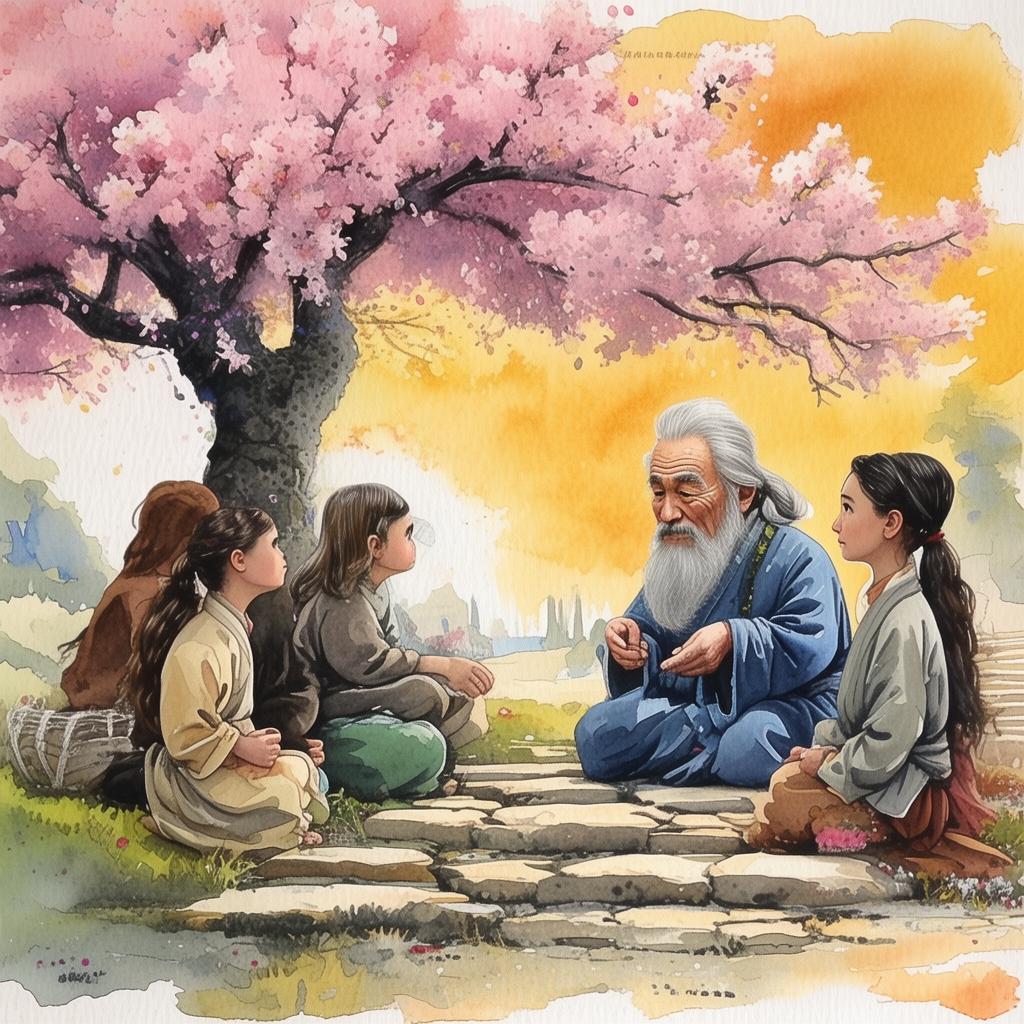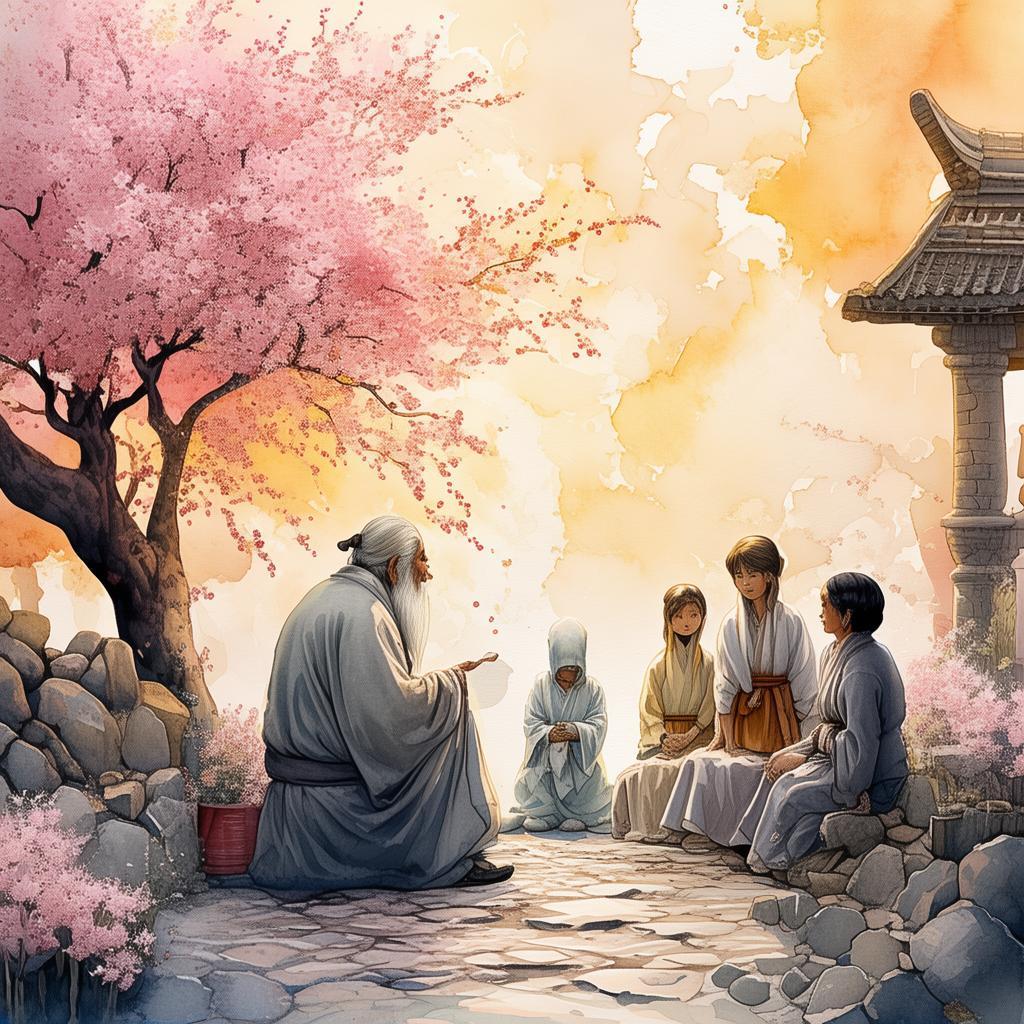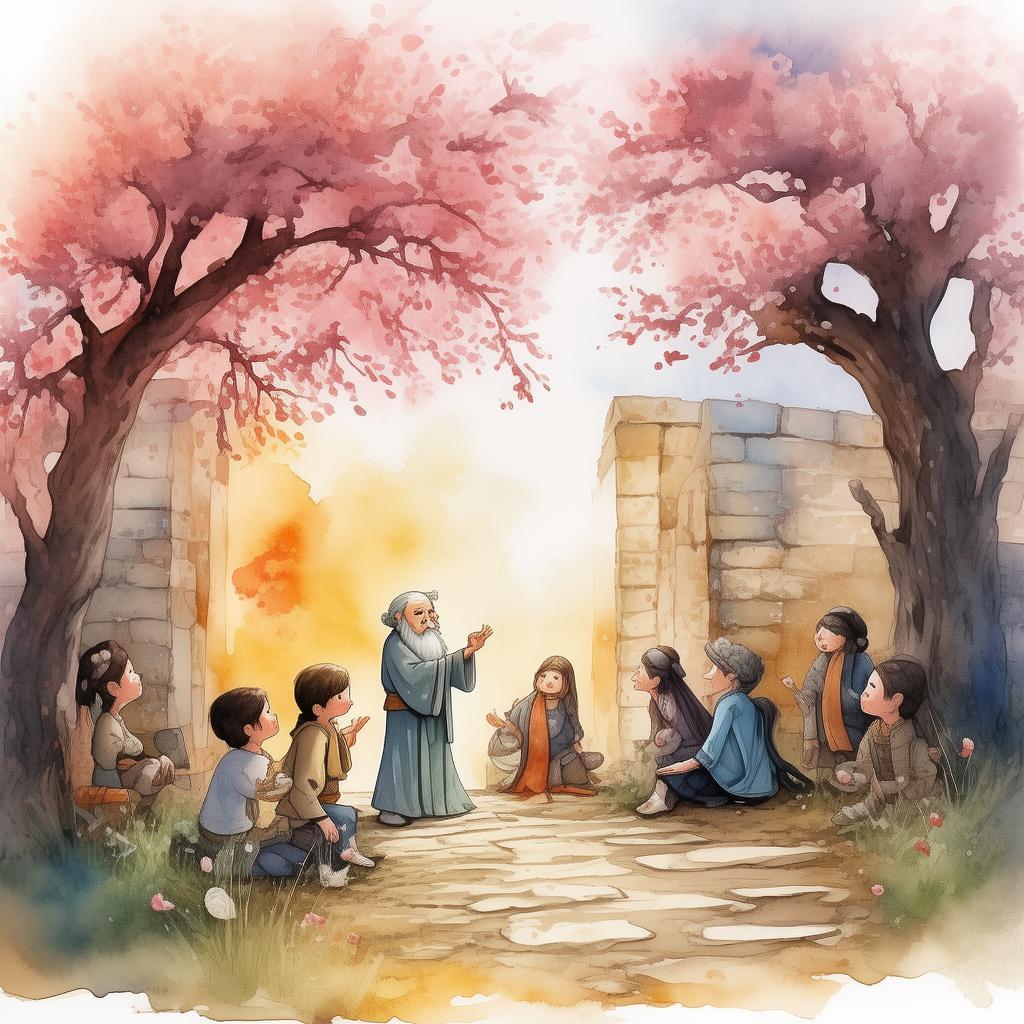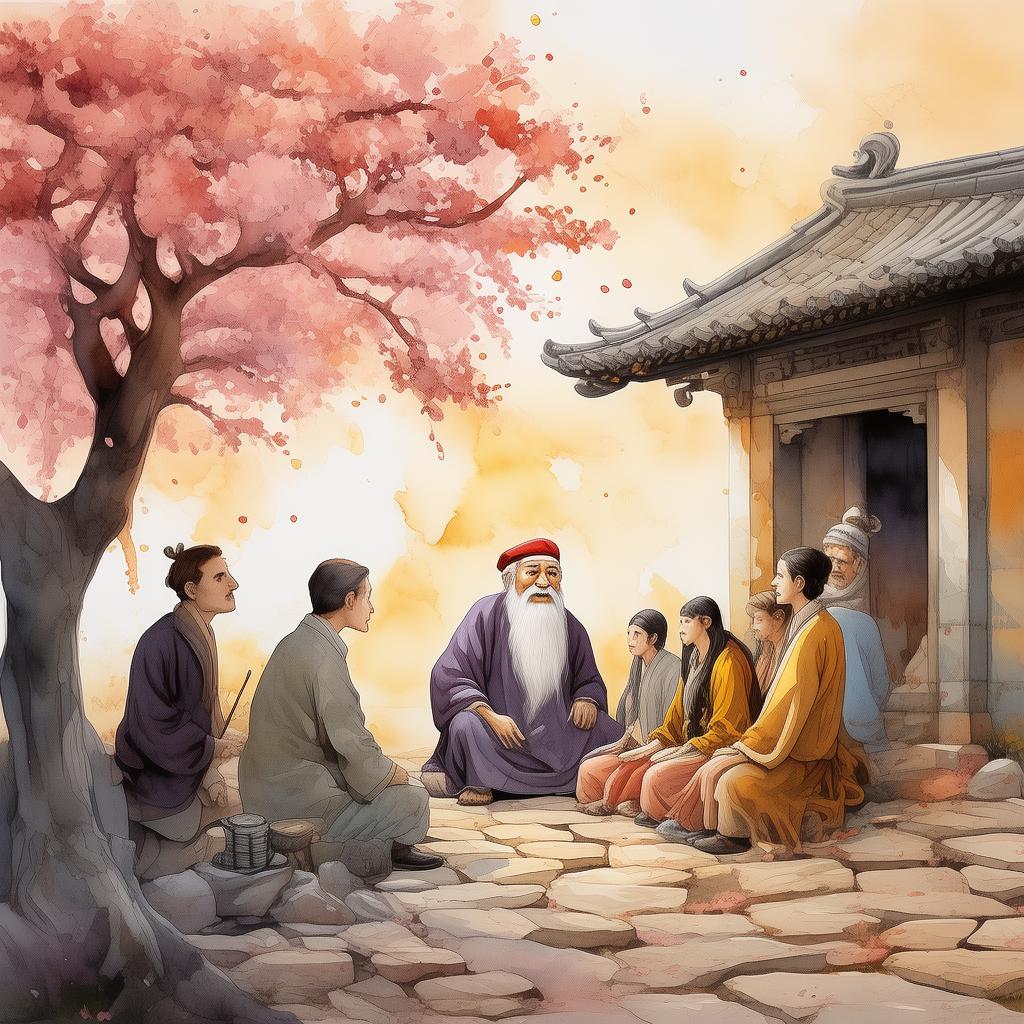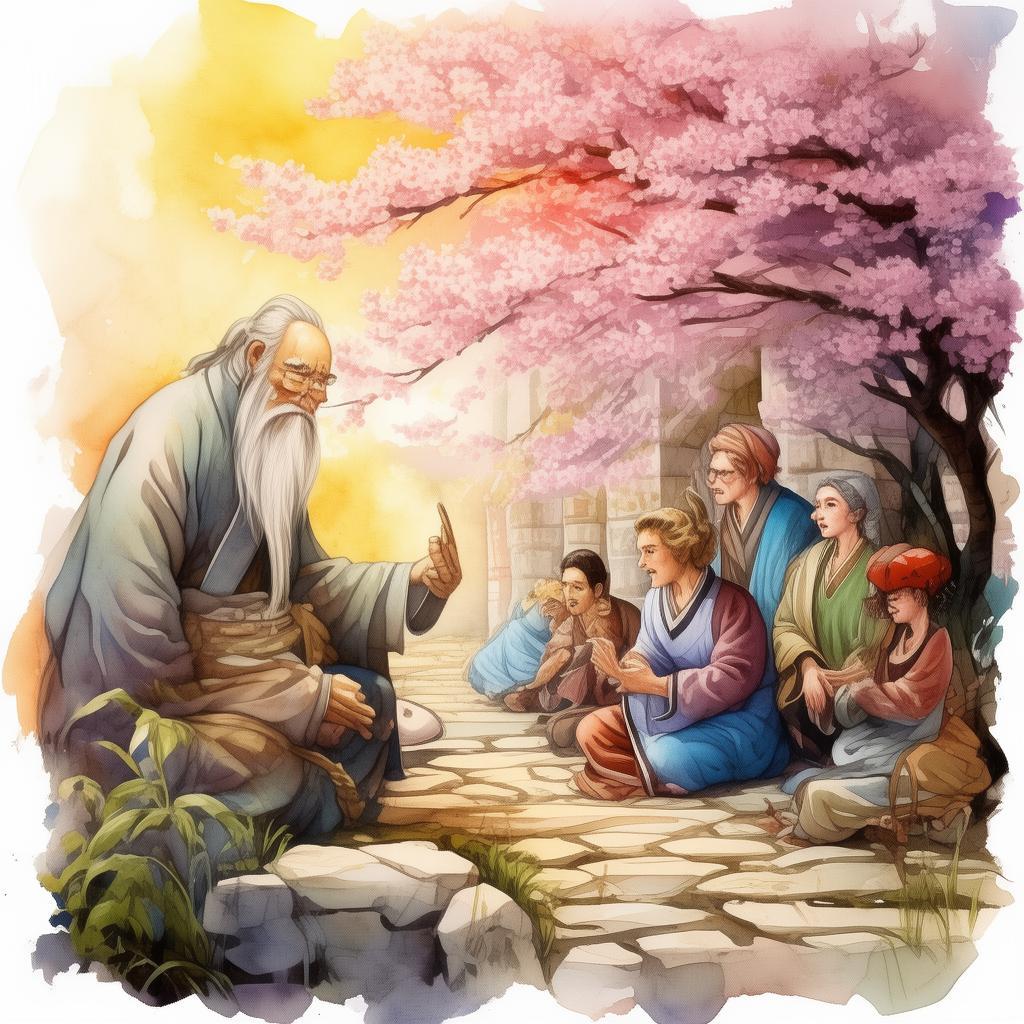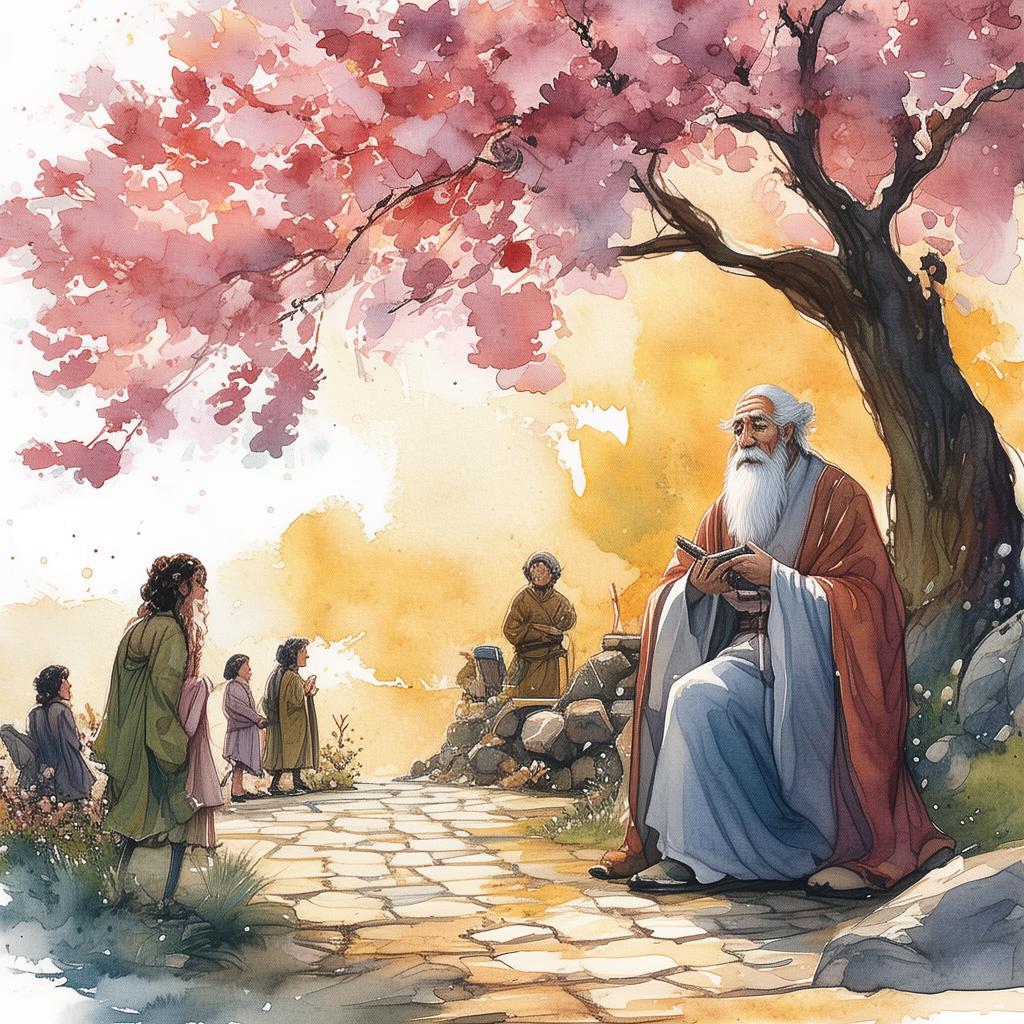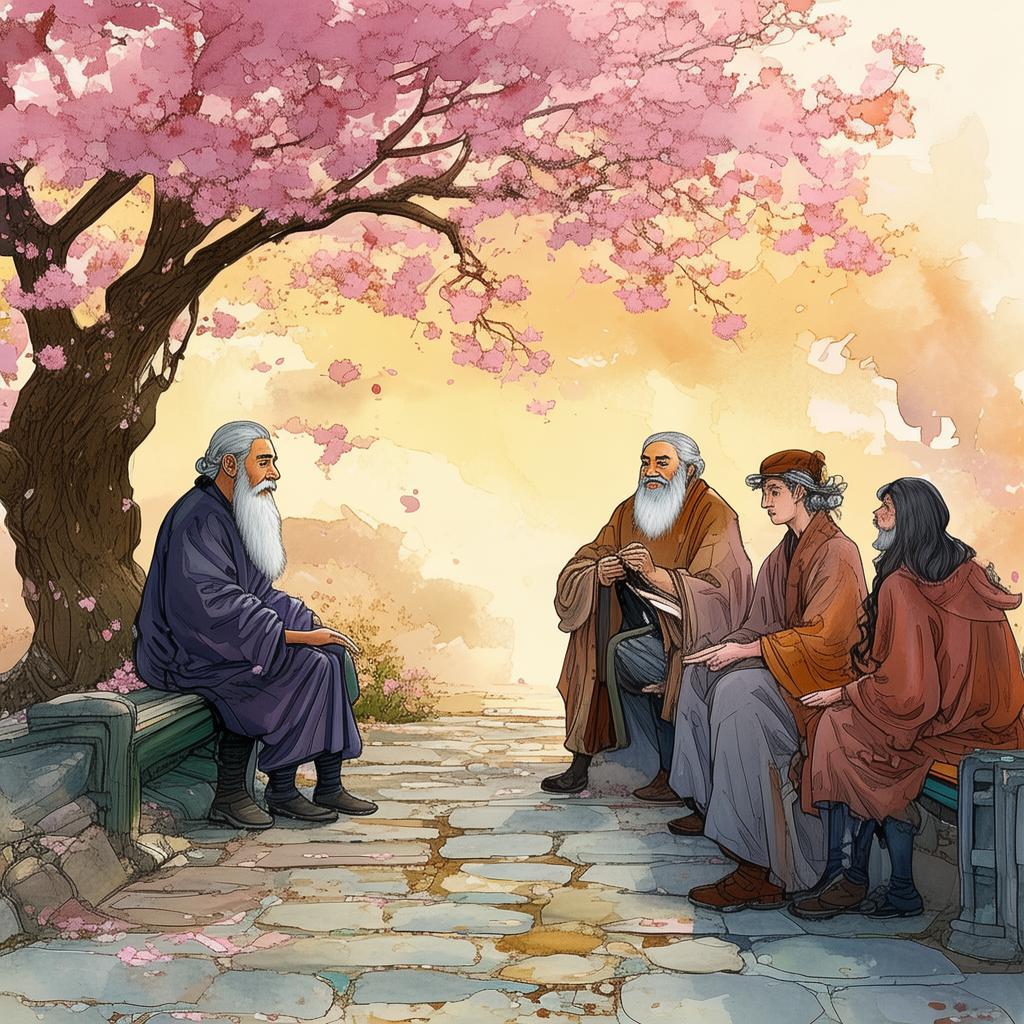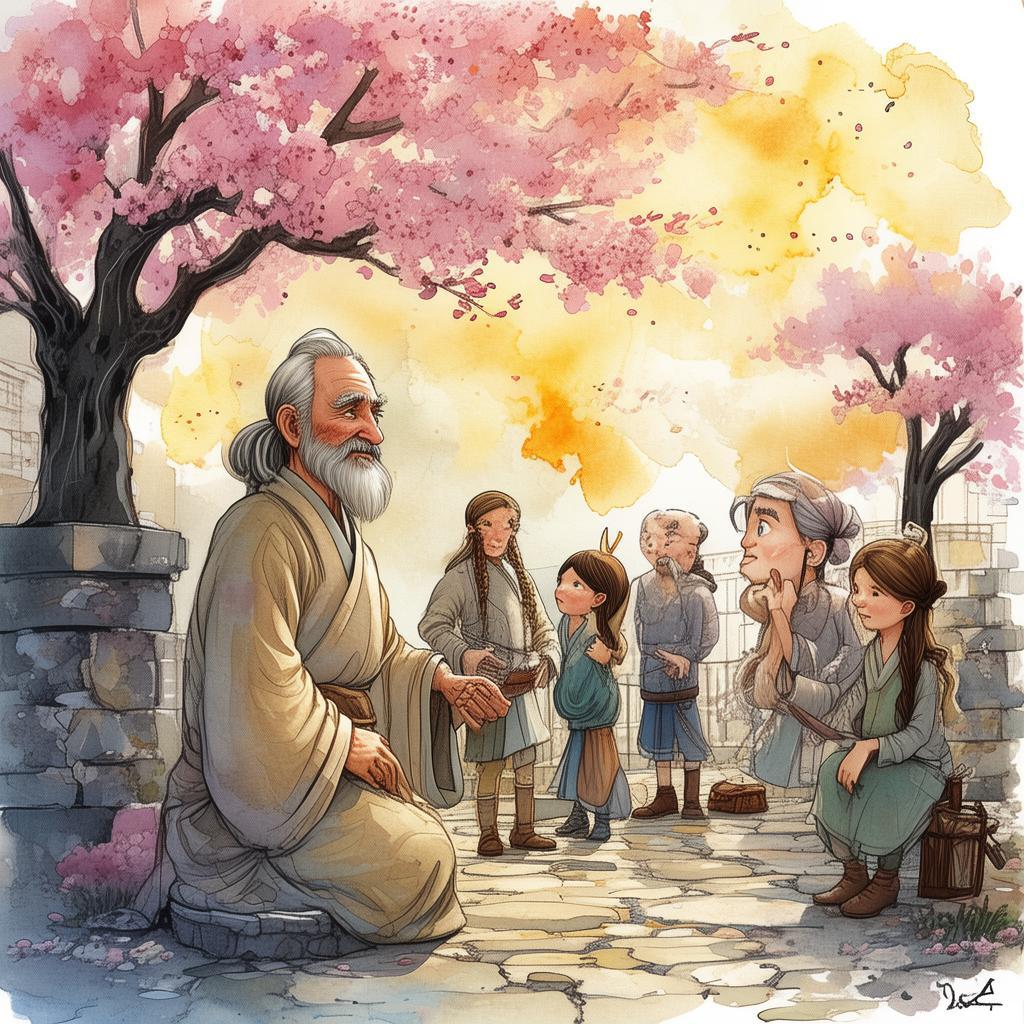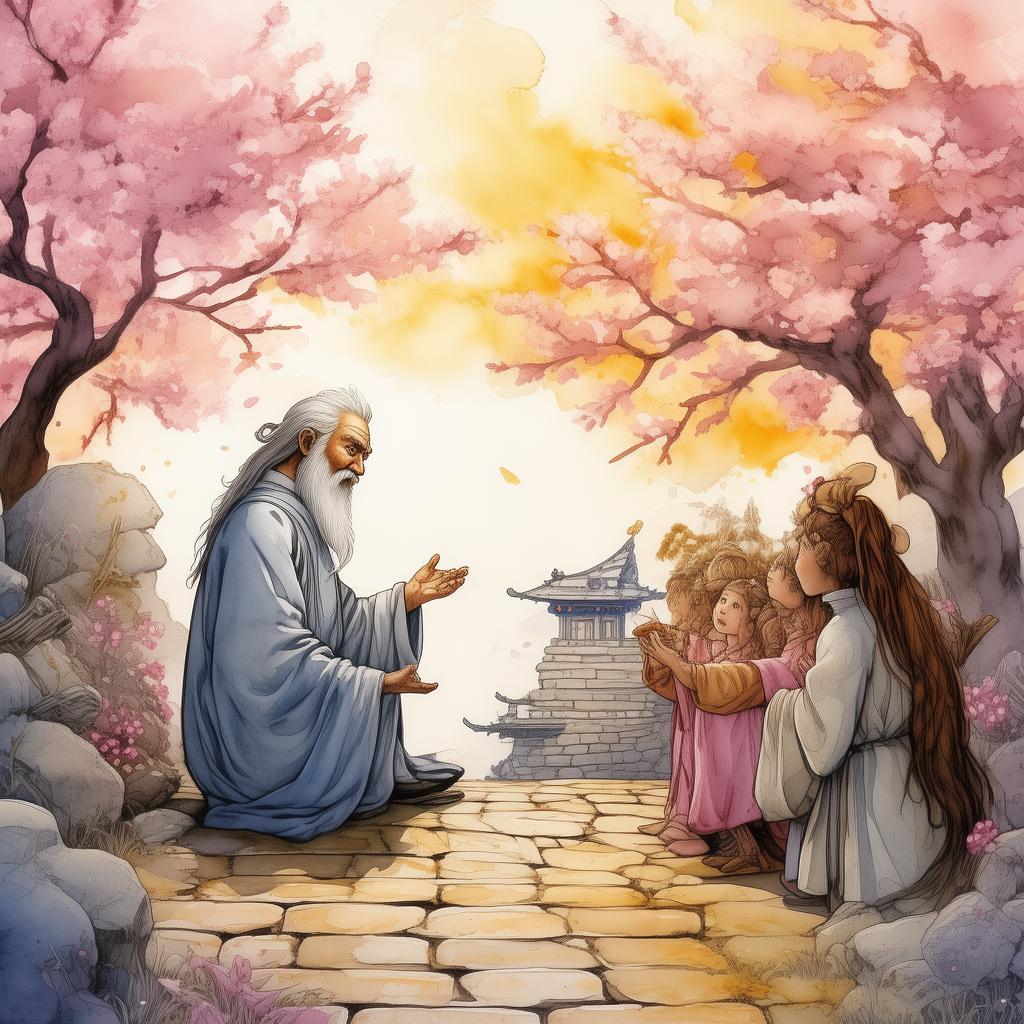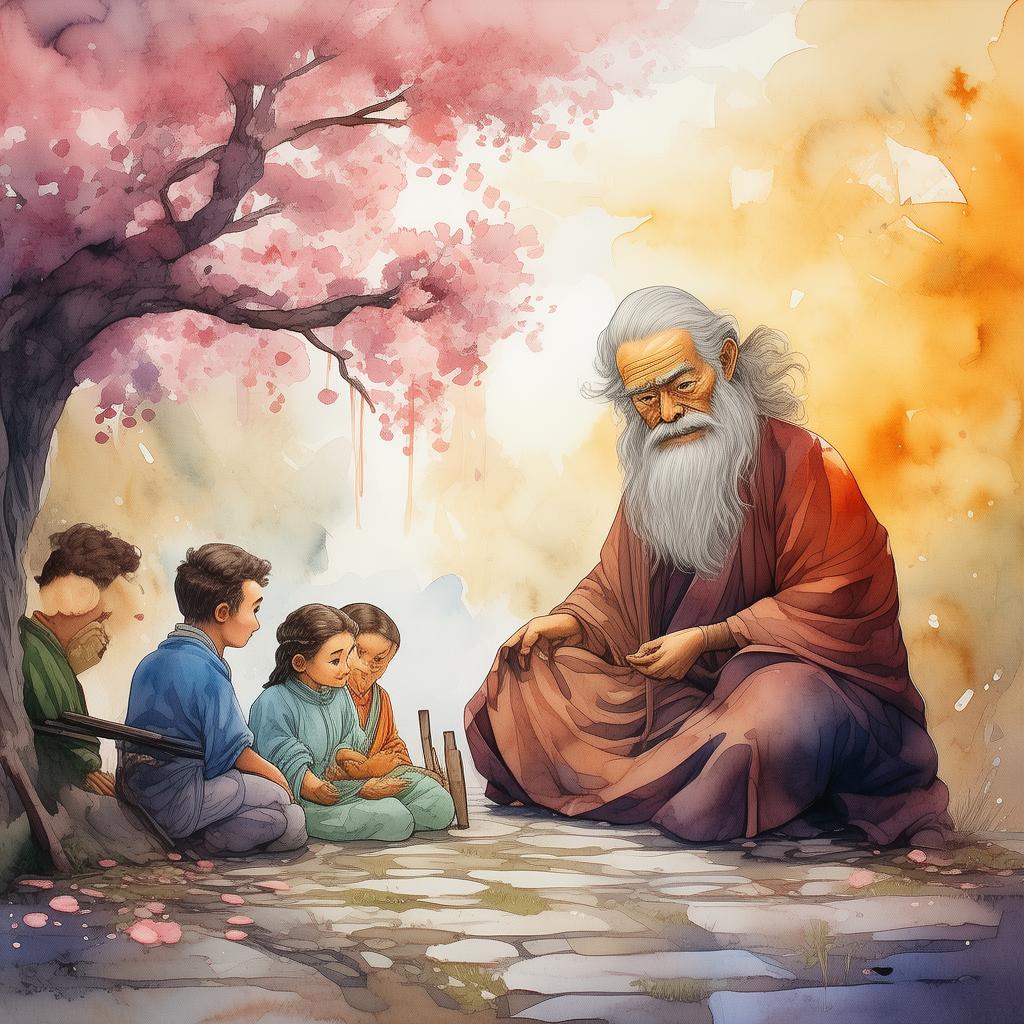The Paradox of the Perchless Bird
In the heart of a lush forest, there lived a warbler named Whistle, known throughout the forest for its melodious song and its meticulous choice of nesting spots. The forest was a symphony of life, with each creature playing its part in maintaining the delicate balance of nature. Whistle's habitat was a particularly treasured spot, a high branch that offered a panoramic view of the forest and was often considered the pinnacle of the warbler's society.
However, a new threat loomed over the forest. A greedy developer sought to clear the land to build a resort, which would bring wealth to the region but destroy the habitat of countless creatures, including Whistle and her fellow warblers. The warblers, led by Whistle, were faced with a paradox: to survive, they needed to build new nests, but to build new nests, they would have to cut down trees, thus destroying their home.
The story begins with Whistle pondering over the dilemma during the twilight hours. The moonlight filtered through the leaves, casting dappled shadows on the forest floor. She remembered the ancient tales her grandmother had told her about the balance between life and survival, the concept of "Yin and Yang," where everything exists in a state of balance.
Whistle's best friend, Sparrow, a bird of lesser stature but equally wise, approached her during this contemplative moment. "Whistle, you must make a decision," Sparrow said, her voice soft yet resolute. "Our home is at risk, and we must choose between immediate survival and the long-term preservation of our habitat."
Whistle nodded, her eyes reflecting the gravity of the situation. "I know, Sparrow. But how can I choose between the two? To build a new nest is to betray our home, yet to stay here is to die with it."
Sparrow, with a twinkle in her eye, replied, "That is the paradox of the perchless bird, Whistle. It is a bird that can never find a resting place because it is always searching for one. It represents the eternal struggle between the present and the future."
Intrigued, Whistle decided to seek the wisdom of the oldest and wisest bird in the forest, the owl named Omnis. Omnis had lived through countless seasons and had seen the forest change and adapt over time. As the moonlight enveloped the forest, Whistle and Sparrow made their way to Omnis's tree, where the old owl's eyes twinkled with ageless wisdom.
"Omnis, we are at a crossroads," Whistle began. "We must choose between our immediate survival and the preservation of our home."
Omnis hooted softly, a sound that seemed to resonate with the very soul of the forest. "The paradox of the perchless bird is not one of choice, but one of understanding. You must find a way to coexist with your habitat, to live without destroying it."
Inspired by Omnis's words, Whistle and Sparrow returned to the warblers. They knew that to coexist with their habitat, they needed to find a sustainable solution that would allow them to live without harming the forest. They organized meetings, gathering ideas from every bird in the forest, including the smallest creatures who had the most to lose.
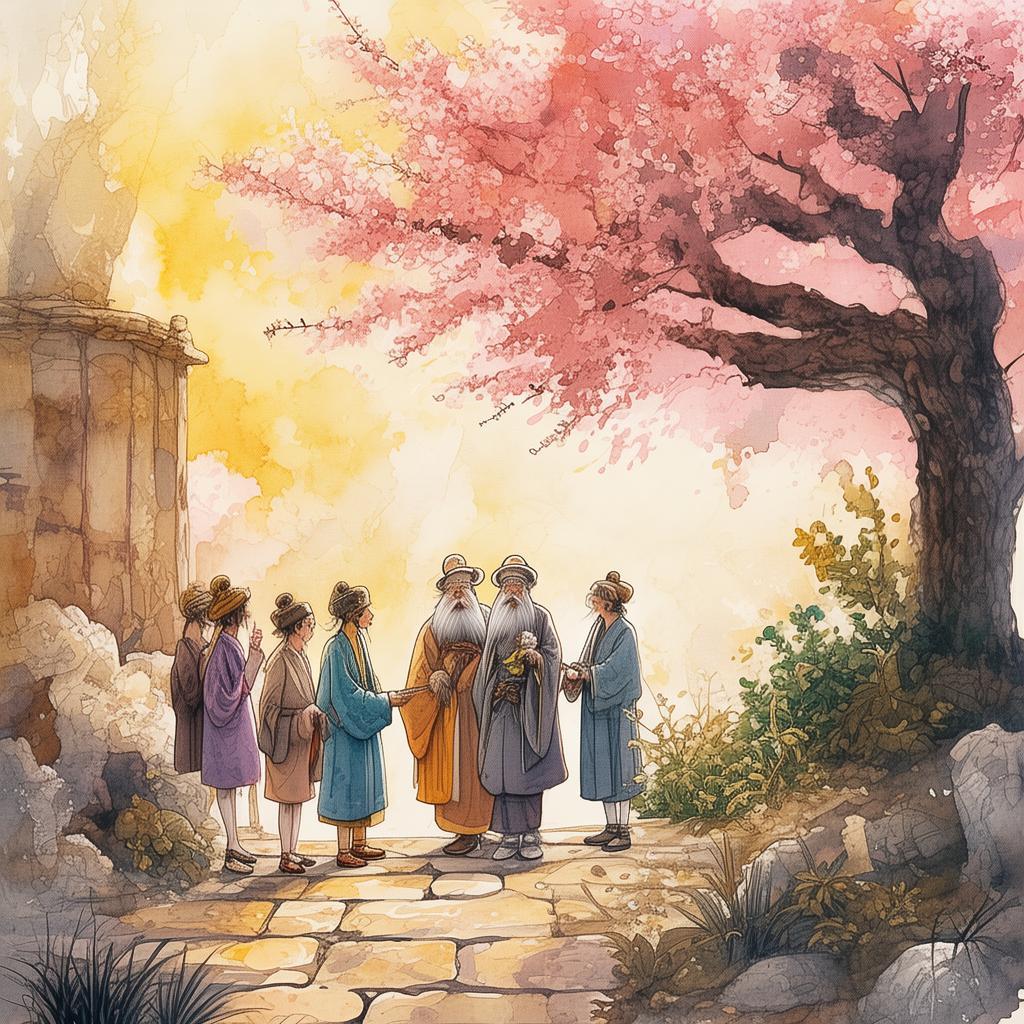
After much deliberation, the warblers came up with a plan. They would create a network of bird-friendly perches around the forest, allowing them to build their nests without cutting down trees. The resort developer agreed to this plan, seeing the benefits of coexistence and the potential for eco-tourism.
The forest began to flourish once again, and the warblers thrived. Whistle's song was louder and more confident than ever before, for she had found a balance between survival and preservation, a testament to the paradox of the perchless bird.
As the seasons changed, the warblers often gathered on the high branch where Whistle had once lived, reflecting on their journey. They understood that the paradox was not just about them, but about all life in the forest, each creature playing its part in the delicate balance of nature.
The story of the warblers, and their wise leader Whistle, spread far and wide, inspiring others to find their own balance between survival and the preservation of their habitats. The paradox of the perchless bird became a symbol of hope, a reminder that even in the face of adversity, there is always a way to coexist with nature.
✨ Original Statement ✨
All articles published on this website (including but not limited to text, images, videos, and other content) are original or authorized for reposting and are protected by relevant laws. Without the explicit written permission of this website, no individual or organization may copy, modify, repost, or use the content for commercial purposes.
If you need to quote or cooperate, please contact this site for authorization. We reserve the right to pursue legal responsibility for any unauthorized use.
Hereby declared.
